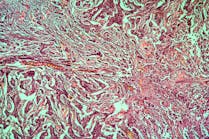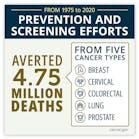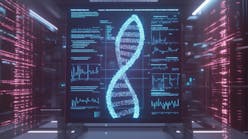Distinct immune “signatures” in patients who develop adverse events while taking immunotherapy for cancer may help oncologists identify patients at risk and treat them early to prevent serious side effects, suggests a study by researchers from the Johns Hopkins Kimmel Cancer Center and its Bloomberg~Kimmel Institute for Cancer Immunotherapy.
The study, published October 15 in the Journal of Clinical Investigation, is the largest to date to look at immune signatures in patients with a range of cancers. It included a diverse sample of 111 patients treated with immune checkpoint inhibitors — substances that reactivate the body’s natural anti-cancer immunity. About 40% of patients developed immune-related adverse events, as expected. However, the patients who developed these side effects were more likely to have received a combination of immune checkpoint inhibitors and to have a history of autoimmune disease. Researchers also discovered a distinct immune “signature” in patients who later developed adverse events.
The researchers found that increases in Th2 and Th17 were an early warning signal for impending adverse events. They also observed that rising levels of the cytokine interleukin 6 (IL-6), an anti-inflammatory protein released by immune cells, was the strongest predictor of which patients would develop an immune-related adverse event. Higher levels of IL-6 were also related to worse cancer therapy outcomes.





